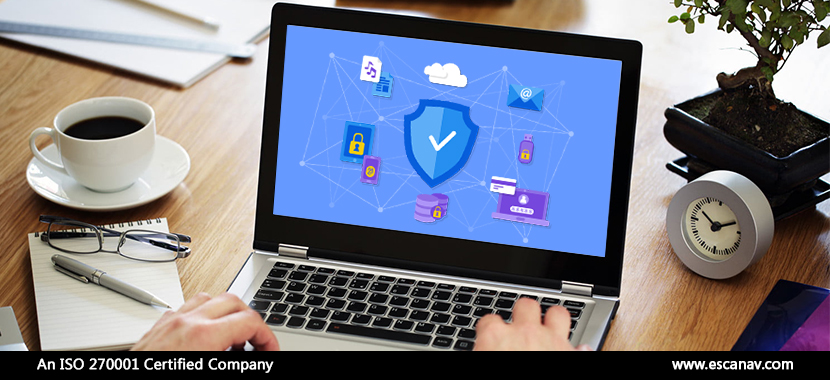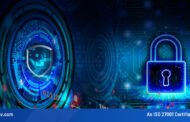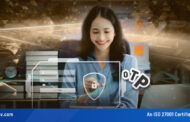Computers are an incredible technology that has propelled mankind into the age of technological marvels. The ease of operations has made life a lot easier for the entire human race and now we have even evolved with our computing capabilities. However, even today our computers are prone to viruses and malware, that not only could harm the system but are also capable of stealing personal and sensitive data.
In such a scenario, if you are looking to add some extra security, our experts have suggested the below mentioned ways to protect the systems from viruses.
- Install a Sturdy Antivirus
Among a vast range of antivirus solutions, choosing a sturdy one can be a tedious task. People at times chose to download more than one antivirus with a perception that doing so would make their system a lot safer. However, our experts suggest using a complete security solution that does everything from protecting the user’s online reputation as well as knowing the security flaws in an installed software, along with updated virus definitions. Users should not believe that without an internet connection, they won’t be infected with viruses since a virus can easily be transmitted through endpoints as well. - Keeping software updated
In order to enhance individual features all computer operating systems receive frequent updates. Security updates are a part of these regular updates which keep a user’s system safe from the latest batch of viruses and malware. Users need to ensure that these updates are installed automatically even if they are time-consuming. - Taking a Backup
At times when users are unable to recover any data that is lost due to virus infection, it becomes critical to store data on alternate storage space to avoid losing any critical data. There are three very basic options for storing user data: External hard drive, Online Storage, and Cloud storage. A lot of sites these days offer a limited amount of storage space which can be utilized for saving important documents. - Using a Strong Password
A password is the first line of defense that protects users’ sensitive data from being stolen by anyone accessing the machine without the user’s permission. Any unauthorized access can lead to data being stolen or a malicious content being placed on that cloud that automatically updates to the system. A strong password is complex and is not related to the user in any way. It is also advised to keep different passwords for different logins, like email, banking, and social media accounts. - Keep an eye on the downloads
Websites can be tricky when they are loaded with malicious content. If a user takes note of an unauthorized download taking place then they should stop the download immediately and exit their current webpage. Always use an updated browser or update the security setting of the current browser to medium or maximum or there is a chance that the download would occur in the background without any alerts. - Install an Ad Blocker
Online pop-up advertisements can lead to sketchy websites that can lead to users’ data being stolen and install viruses. Its easier said than done when trying to avoid this unless a reliable ad blocker is used. Our experts suggest installing eScan Total Security Suite for end-users and corporate 360 for corporate users to battle this menace. Users should be careful while browsing the web even if we have an adblocker active since many sites prevent entry if the application or app is disabled. - Run a Virus Scan often
Some viruses are sophisticated enough to sneak into the system unnoticed. Hence, one should ensure that they constantly run a virus scan to scour the hard drive for such threats. This can be done moments before a backup is taken to ensure that there are no harmful files being backed up as well. - Avoid Suspicious links
Links can be very dangerous in nature, especially when originating from unknown sources. This is the most common way to install malware or steal data. Being careful about which link is being clicked saves everyone from potential threats.
To read more, please check eScan Blog







